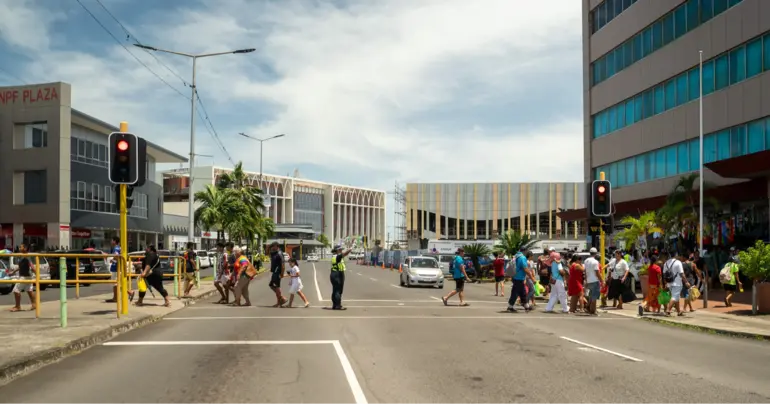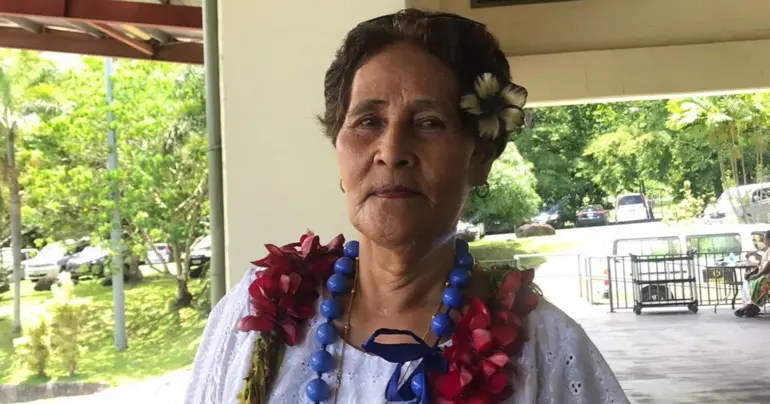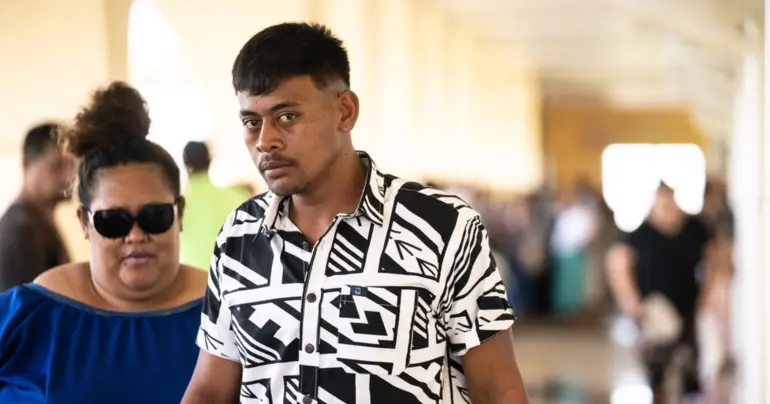Climate change migration will impact mental health
 By Sapeer Mayron
•
29 October 2020, 9:00AM
By Sapeer Mayron
•
29 October 2020, 9:00AM
The inevitable wave of Pacific migration caused by climate change will impact mental health and wellbeing, and that needs to be addressed early, says researcher Dr. Jemaima Tiatia-Seath.
Policies need to start building up community integration programmes and resourcing community groups to help Pacific Islanders relocate safely, and minimise the risks to their mental health, she said.
“It absolutely needs to happen now, we need the foresight to be thinking ahead rather than being reactive,” she said.
Her comments come as Australian policy thinkers propose Australia offer more pathways to residency and work visas for climate change stricken nations in the Pacific Islanders.
In their new policy paper released this month, Professor Jane McAdam and Jonathan Pryke from the Andrew & Renata Kaldor Centre for International Refugee Law and the Lowy Institute argue displacement from climate change is inevitable, and Australia has to prepare early.
That means improving on the already existing Seasonal Worker Programme and Pacific Labour Scheme to allow workers to progress towards residency, allowing families to travel with visa holders and establishing a humanitarian visa too.
Dr. Tiatia-Seath is the co-head of the School of Māori Studies and Pacific Studies at the University of Auckland.
In 2019, she received a grant to study how New Zealand might ready its systems to help Pacific ‘climate change migrants’ with their mental health when they get to New Zealand.
The grant from the Health Research Council of New Zealand is for 36 months and is worth nearly NZ$600,000. The research should provide guidance as to what New Zealand needs to do to prepare for climate change migrants and safeguard their mental wellbeing.
“We are intimately connected to our lands and that can bring issues of disconnect, displacement, quite possibly you will start to see identity and belonging start to dwindle and we see that with some of those young people in the diaspora,” she said.
“Leaving your ancestral lands, leaving the gravesites of your family […] It’s complex and I think this study is an opportunity to really delve deep into those conversations.”
The Kaldor Centre and Lowy Institute paper argues that: “the Australian government should harness the Pacific diaspora’s knowledge and experience in discussions about all future migration schemes.”
Dr. Tiatia-Seath agrees.
“If you get a seat at the table, make sure you take the mic,” she said.
“Pacific people need to be completely at the table. They need to be part of the decision making, the design, even the conceptualising.”
That extends to both Pacific peoples already living in the diaspora, and those in the islands. The growing issues of the COVID-19 pandemic and the digital information age will also play a part in what services and resources migrating people will need.
Policy writing also needs to consider those who will want to stay in the islands, no matter what. Already many leaders in the Pacific have said they are determined to remain on their land.
“Climate change is inevitable,” Dr. Tiatia-Seath said.
Her research has also been exploring the needs of those who remain, potentially separated from their families but still on their ancestral lands.
“There needs to be counselling available to them that is relevant for that context, that is accessible.
“If you are going to move inland, for some Pacific nations that is isolated and rural so trying to mobilise services around those new locations.”
The Health Research Council hopes Dr. Tiatia-Seath’s work will put New Zealand “on the front-foot,” preparing its health system for the unavoidable impacts of climate change on the mental health demands it will face.
Previously, Dr. Tiatia-Seath has developed suicide prevention and postvention resources for Pacific people, and won an award for her PhD research on her work on New Zealand-born Samoan young people and suicide.
She is from Taga, Salelologa, Fusi Safata, Siumu and Vaimoso.
Tags
 By Sapeer Mayron
•
29 October 2020, 9:00AM
By Sapeer Mayron
•
29 October 2020, 9:00AM











